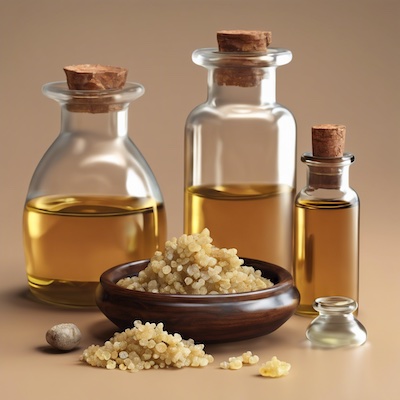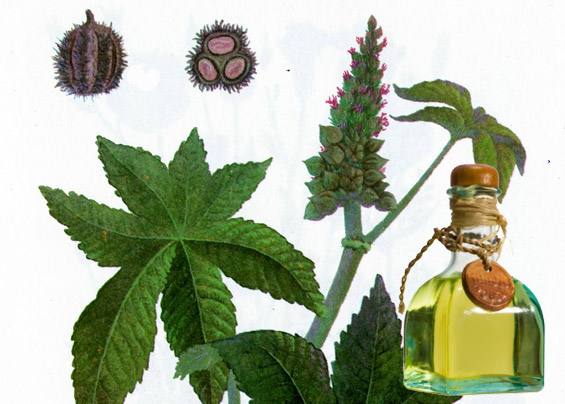There is much evidence showing that chemical compounds called free radicals may play a role in the cause of conditions connected to aging, including cataracts, heart conditions, some types of cancer and osteoarthritis. The good news is that chemical compounds, called antioxidants - especially vitamins C, E and beta-carotene, found in many fruits and vegetables, can neutralize free radicals and prevent them from causing damage.
A German research study has discovered that taking 1200 mg of vitamin E a day reduces pain and morning stiffness, and increases the strength of grip among people suffering from rheumatoid arthritis just as successfully as the drug diclofenac - without the gastric problems. The British National Formulary warns that taking over 1000 mg a day may cause diarrhoea and stomach pain. People taking prescription anticoagulants or aspirin should consult their doctor before taking vitamin E (which also works an an anticoagulant).
Suppressing the damage
Free radicals are constantly created within cells - in the joints and elsewhere - as a part of the natural metabolism, while the cells are burning up oxygen to produce energy. Research has shown that these chemical compounds can cause damage to the cartilage and may contribute to the damage occurring in joints affected by arthritis.
So, can a diet rich in antioxidant vitamins - or their intake in the form of dietary supplements - help you in keeping OA under control or maybe at least alleviate its symptoms? Both previous and current research point to the answer "yes".
A well-known research of heart conditions - "Framingham", in which the researchers kept track of the inhabitants of Framingham, Massachusetts for almost 50 years, shed light also on other health issues alongside heart conditions. In one research, the researchers of the Framingham project were searching for evidence of knee osteoarthritis in 640 people who had been examined twice with an interval of 10 years. The subjects also filled out a questionnaire regarding their dietary habits.
The research proved that people who had been taking more than 180 mg of vitamin C a day had at least a three times lower chance of their OA becoming worse during the next 10 years than people who were taking half of that quantity - that advantage came mostly out of the slower degradation of the cartilage. Besides that, people suffering from OA who had been taking moderate or large amounts of vitamin C had a much lower chance of developing knee pain.
Research conducted by researchers in the University of Manchester Department of Epidemiology together with the Department of Health in the University of Cambridge as a part of the Arthritis Research Campaign, has confirmed that a diet lacking in fruits and vegetables - especially those containing vitamin C - increases the risk of developing inflammatory arthritis.
Between 1993 and 1997 data on the health and diet habits of around 25 000 people were gathered. In the course of the next eight years they were examined one more time, to confirm who among them developed inflammatory polyarthritis. In those eight years there were 73 cases confirmed; according to the research findings it was clear that a diet lacking in fruits, vegetables, fruit sugars and vitamin C from food is connected to a higher risk of inflammatory polyarthritis.
The data on vitamin E and beta-carotene from the Framingham study is also positive, but not as impressive as for vitamin C. People who were taking the highest quantities of beta-carotene had a twice lower risk of their OA becoming worse than in people taking the lowest quantities. Furthermore, when it comes to vitamin E, the benefits were moderate and limited only to men: those taking the highest quantities of vitamin E had significantly lower chances of their OA getting worse, in comparison with the men in the lowest category.
Antioxidants can also help with rheumatoid arthritis. Two small research studies have proven that people who take small amounts of vitamins C, E and beta-carotene have a higher chance of developing rheumatoid arthritis than people taking it in higher quantities.
Conclusion
It is still too early to recommend dietary supplements containing antioxidants in order to prevent or treat arthritis - the proof of their benefits come from a too low a number of research. However, if you are worried because you are not taking the recommended five to nine portions of fruit and vegetables every day, adding vitamin C (an antioxidant which seems to be the most useful against arthritis) to your diet may be a good idea."







